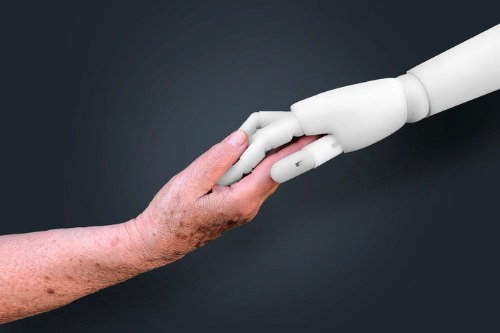
Intelligent chatbots are ready to listen 'without judgment'

When it comes to handling the ups and downs of life in the pandemic, seven in 10 workers would rather talk to a robot than their own manager.
A survey from Oracle and HR advisory firm Workplace Intelligence found 68% of employees who want help dealing with the COVID-19 crisis are also open to using technology – particularly artificial intelligence, digital assistants, chatbots and robots – to ease their struggles.
For many, AI has long been useful in managing workplace stress (75%) and improving their task efficiency (27%). But a greater number today (82%) believe robots and other decision-support tools are also better at guiding them on mental health matters than their human colleagues are.
Read more: 4 in 10 workers 'less motivated' since COVID-19 crisis
Prior to the pandemic, the idea of using AI for mental health support may have seemed unthinkable for the world’s workforce. “But thanks to human resilience and the ability to adapt, there’s been an almost universal open-mindedness to innovative solutions,” the researchers said.
With a mental health epidemic ensuing, AI-powered robots and chatbots are becoming even more critical to helping workers rebound. Respondents believe:
“A robot isn’t going to judge you, it’s not going to think about your past history – and it’s going to be available 24 hours a day,” Dan Schawbel, managing partner at Workplace Intelligence, shared with the World Economic Forum.
“If you’re feeling stressed or overwhelmed at 11 p.m.,” he said, “instead of worrying about how you’re going to talk to your manager about it the next day, you could instead ‘talk’ to a robot or chatbot.”
Read more: 5 simple ways to practice 'self-care' when working from home
From there, the chatbot can provide the employee with additional resources for dealing with their stress and anxiety, and refer them to a professional if needed, Schawbel said.
Employees welcome a wide range of tech solutions to support their mental health, including:
“While we don’t know when the COVID-19 pandemic will end, its repercussions may affect the nature of work for the long term. This includes the mental health aspects of remote work,” the researchers said.
“It is an issue that isn’t going away and should not go ignored by organisations that wish to stay competitive.”